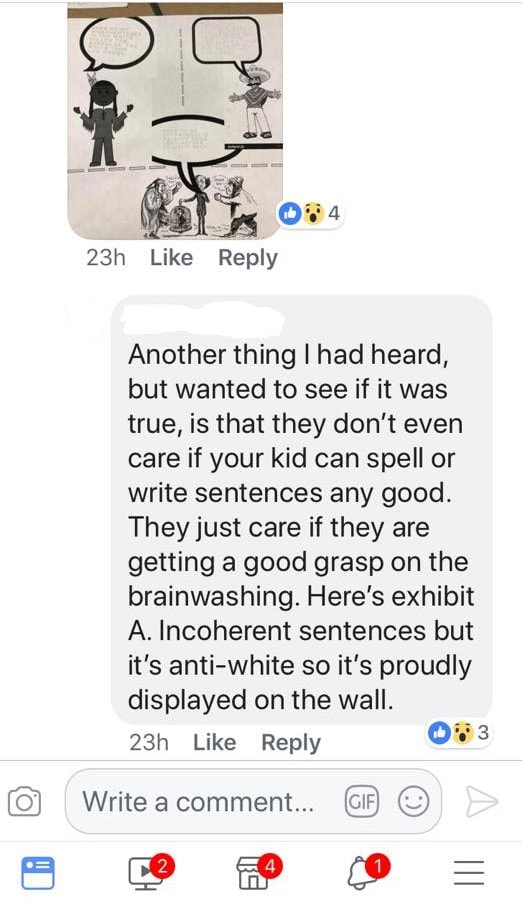Clips from GCISD School Board Meetings
Recordings of all board meetings are available to the public here.
The below speaker does not think GCISD "children" should be allowed to speak at school board meetings because they are not taxpayers.
The below speaker believes BrainPop is anti-Christian and anti-American and believes that Martin Luther King's dream that individuals will not be judged by the color of their skin has been realized. She believes equity goes against what MLK died for.
Moreover, regarding the Constitution, there are no references to God because the document was meant to be religiously neutral, as public schools are supposed to be. America at the time was religiously diverse, and religion was viewed as a matter of individual choice.
This is not to say that the Bible's scripture did not influence the views of the Founders as a guide on morality. However, so did other sources and movements, such as the Enlightenment and Common Law.
And if you're curious, here's the lowdown on that 34% claim.
Source: Journal of the American Revolution
Moreover, regarding the Constitution, there are no references to God because the document was meant to be religiously neutral, as public schools are supposed to be. America at the time was religiously diverse, and religion was viewed as a matter of individual choice.
This is not to say that the Bible's scripture did not influence the views of the Founders as a guide on morality. However, so did other sources and movements, such as the Enlightenment and Common Law.
And if you're curious, here's the lowdown on that 34% claim.
Source: Journal of the American Revolution
The below speaker claims that parents who want their children to move on to solid careers have made the switch to private and charter schools if they can afford it. Those left behind in public schools are low-income students who are being held back even more by social emotional learning (SEL). This flies in the face of all of the SEL research.
Social Media Posts
The contentious nature of local politics and school board elections is discouraging people from moving to our area and discouraging teachers from applying to our district. We know of several families who have moved out of the district entirely because they do not feel welcome here. More recently, the attacks on our teachers are causing them to leave the district!
When Trustee Braun was a candidate, she deferred to the individual who posted the below remarks to answer questions that the Dallas Morning News asked in its standard questionnaire for school board candidates. Candidate Braun wrote this person's name below several questions, deferring the public to him for answers. The last picture came from a visit to a Dove Elementary open house, where he took pictures of the student work and posted it on Facebook, claiming the IB program teaches white people are evil. He was a Republican precinct chair and ran unsuccessfully for state-level office.
Below are some examples of hate and misinformation being spread about our schools. Sadly this is just a small sample. The first picture contains comments directed at a recent graduate of GCISD by a community member serving on a Colleyville city committee.

















